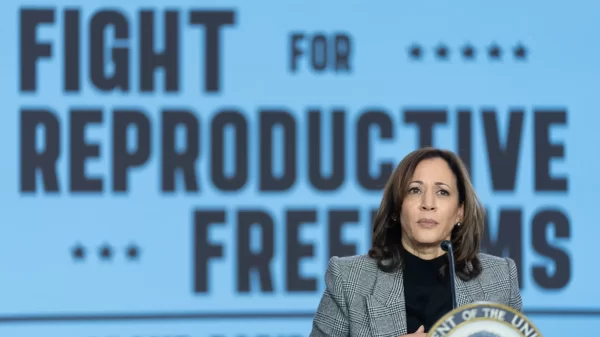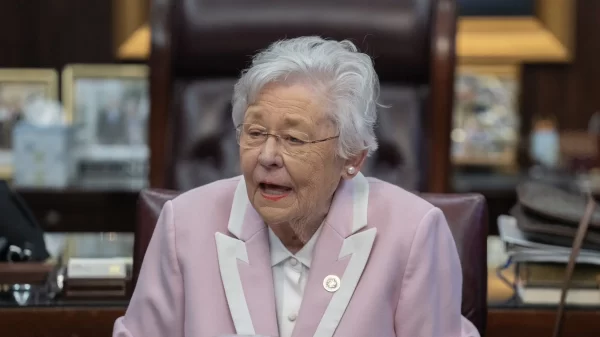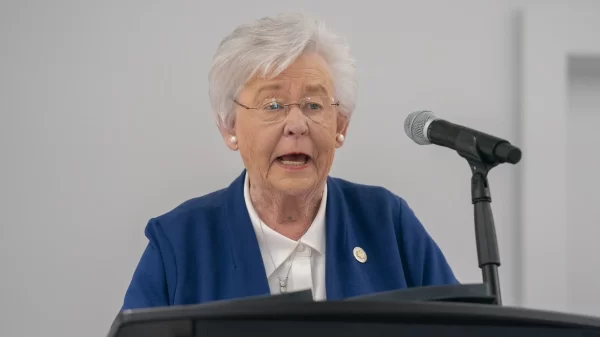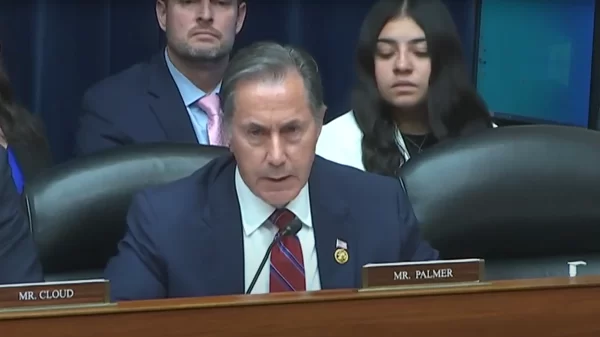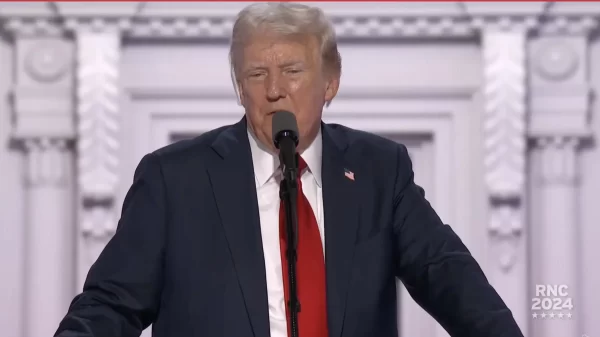|
Getting your Trinity Audio player ready...
|
Why has the licensing process for medical marijuana businesses in Alabama been so weird?
Whenever I talk to someone who has followed this process – which is now in the midst of a third attempt to simply award licenses – that’s the one question that always gets asked. And it’s a fair one, right?
I mean, we’re not exactly blazing a new trail here. More than 30 other states did this before us. All of them went through a licensing process of some sort. So, we had 30 papers to cheat off of and more than a decade of information to pull from.
But somehow, we’re still failing the test. And failing it spectacularly.
Our Alabama Medical Cannabis Commission has screwed up simple things. It has made really dumb errors. It has failed to follow its own laws. And then failed to follow them again after the initial failings were pointed out. And it has snubbed its nose at basic state laws, such as the Alabama Open Meetings Act.
Those folks at the AMCC must be real dummies, or …
They’re not dummies at all, and something else is going on here. Something … nefarious. Something … shady.
To be clear, there is no hard evidence of such self-dealing shenanigans – the type Alabama politicians are famous for getting wrapped up in. But there’s quite a bit of circumstantial evidence, and there are a whole bunch of people talking about it, speculating about it, putting 2 and 2 together and mostly coming up with something less than 4.
Their speculation, though, isn’t driven by ill will or dislike of the AMCC staff. Instead, it is simply a matter of educated people who have years of experience dealing with Alabama political malfeasance trying to apply logic to what has so far been a very illogical and confusing process.
For example, on Monday, I highlighted in a lengthy column the numerous and very serious issues present in many of the applications for integrated licenses. Those integrated licenses have been the big problem in this process, because that’s where the big money is in this process. That’s where the national companies with the big bucks are playing.
In all of the other categories, with the exception of a bump here or there, the licensing process has been straightforward and fairly boring – the way it should be. There are no big fights, no confusing scoring results.
But the integrated licensing process has been utter chaos, with some very shady results. Let me give you an example, and let’s see if you can explain it.
On the AMCC’s website, where it discusses criteria that might be considered while reviewing applicants, it specifically mentions both lawsuits concerning unscrupulous business practices and issues with tax payments.
And yet, as I pointed out yesterday, some of the top scoring companies in Alabama’s integrated licensing process have those exact issues. And they’re not hard to find. A simple “(company name) + problems” search on Google reveals all of them.
Likewise, it doesn’t take long when reviewing the applications submitted to see that several companies – and again, some that rated well into the top half of the 28 applicants – have no prayer of securing a location and constructing a facility within the 60-day deadline for production that is present in the law.
Now, maybe there’s a workaround for that situation. Maybe the language in the law isn’t quite as firm and distinct as it should be. Maybe the commissioners are OK with some licensees taking a solid six months to be up and running.
And that brings us to another issue: The secretive nature of this process.
We don’t know what the commissioners are thinking because the commissioners aren’t talking. About anything. To date, they have never explained their decision making processes. They’ve never talked in an open meeting about the merits of the applicants, about the requirements of the law, about their biggest focal points, about what causes them the most concern.
They literally voted by secret ballot in an executive session. That’s not just violating the Open Records Act. It’s setting it ablaze and then smoking it.
After catching flack from a Montgomery Circuit Court judge, the commissioners at least revealed their ballots from last Friday’s voting on the licenses in other categories. And if there were ever anything that could use some explanation, it’s those scores.
Let me give you an example. For dispensary licenses, there were 18 applicants. Three commissioners rated RJK Holdings as the best applicant. Two others rated the company second. One commissioner rated them 17th.
Now, that’s just one vote of several, obviously. But what that one vote does is lower the applicant’s scoring average, thus lowering the company in the rankings. Let’s say that that 17th vote lowered RJK from fourth to sixth. When the Commission takes up the list to vote to approve licenses, it does so in order. Which means if the Commission approves licenses for the first five, RJK is out of luck because of that one weird vote. And no one will explain why.
It’s just one more problem in a process that has been plagued by them. And it’s one more reason for people to question the whole thing. To run to a court to ask a judge to intervene.
One more reason to wonder if this thing is rigged.


